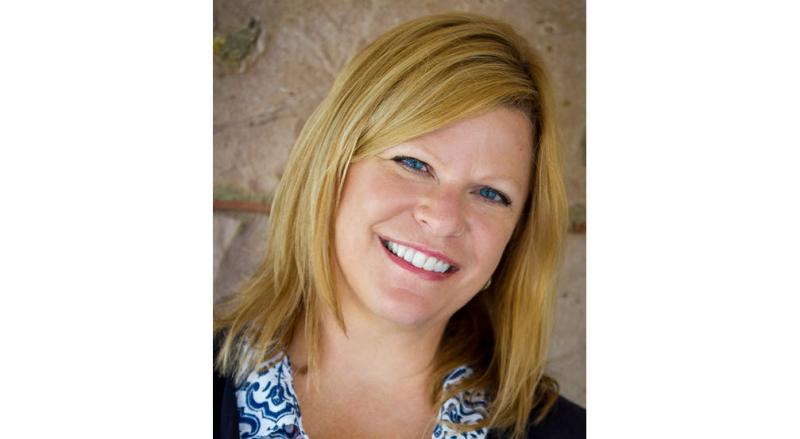What a time to accept the role of CEO of at a healthcare performance improvement organization! Within 24 hours, the world changed dramatically. We found ourselves glued to moment by moment announcements about stay at home orders, business closures, school closures, everyone moving to remote settings and virtual connectedness.
I realize as I write that first statement it may be interpreted at least a couple of different ways… Of course, there is the path of apprehension and unknowns. However, in the spirit of this nonprofit service organization, we instinctively ask, ‘How can we help?’. It is an unprecedented time to be sure. We find ourselves humbled and overcome with gratitude for practices and tireless teams across communities. Their fortitude and ingenuity are unmatched!
Near term we are supporting practice teams as they adapt care delivery to safely meet patient needs including pull-up car visits, telehealth and additional phone support. We are hearing from care teams who credit clinical transformation and performance improvement support prior to the pandemic with exactly what they needed to adapt quickly and implement alternative advanced access for patients.
Flow of information and reducing cycles of ‘trial and error’ are especially important right now. To address that immediate need, we’re offering free annual HealthTeamWorks’ Solutions Center memberships to those signing up in April, May, or June. We hope the Solutions Center will be a timely support in accessing best practices, tools, and peer forums.
In the not too distant future, we recognize mounting challenges are lurking including increasing behavioral and mental health demands, surges in already high burnout rates, and the ‘snowball effect’ of deferred routine chronic and preventive care. Additionally, practices and organizations will continue to focus on financial viability and rebuilding thriving businesses. As of week five of the Primary Care Collaborative (PCC) and Larry A. Green Center primary care survey, nearly half of practices that responded are unsure if they have enough cash to keep their practices open… and 85% have seen decreases in patient volume.1
Many of us have been focused on value-based payment and care delivery models. That should not let up and payment model options like Primary Care First (PCF) and Direct Contracting are on the horizon. Current payment models do not support the infrastructure needed in general, much less during a pandemic. But PCF is only available to practices who apply from 26 regions and only addresses payment for care of Medicare beneficiaries. Practices will need to be paid differently for all patients in their care, especially at times like these.
A bright light is shining on the need to organize differently. For example, there is renewed energy in bringing clinical healthcare, public health, and communities together. Unprecedented times often result in unprecedented changes for the good.
There is undeniable urgency to address wider determinants of health. Over recent years, we’ve seen standardized survey tools to assess for social determinant of health needs grow into collaboration with community-based organizations and technology platforms that track how community members are accessing needed resources. Not stopping there, we must also focus on the importance of building trust and awareness to reduce power inequity and health disparities.
So… changes indeed. I’m reminded of a quote by David Rockefeller as a play on the original from Plato, ‘If necessity is the mother of invention, discontent is the father of progress.’ In this time of discontent and crisis, there is no hiding system challenges – they are illuminated, front and center. How we respond in this moment of discontent will determine whether we commit ourselves to cycles of consequence or decisively conquer persistent barriers.
In the midst of significant transition and change we chose to embrace resilience, taking all of our rich history and expertise forward, while evolving to meet emerging challenges. Performance improvement exists even in this time of crisis. In fact, it is essential in times like these. Measures and goals may shift, but rapid cycle change in response to data trends and new information remains absolutely relevant.
Kristi Bohling- DaMetz, CEO, HealthTeamWorks
1 Primary Care & COVID-19: Week 5 Survey. (2020, April 23). Retrieved from https://www.pcpcc.org/2020/04/16/primary-care-covid-19-week-5-survey









